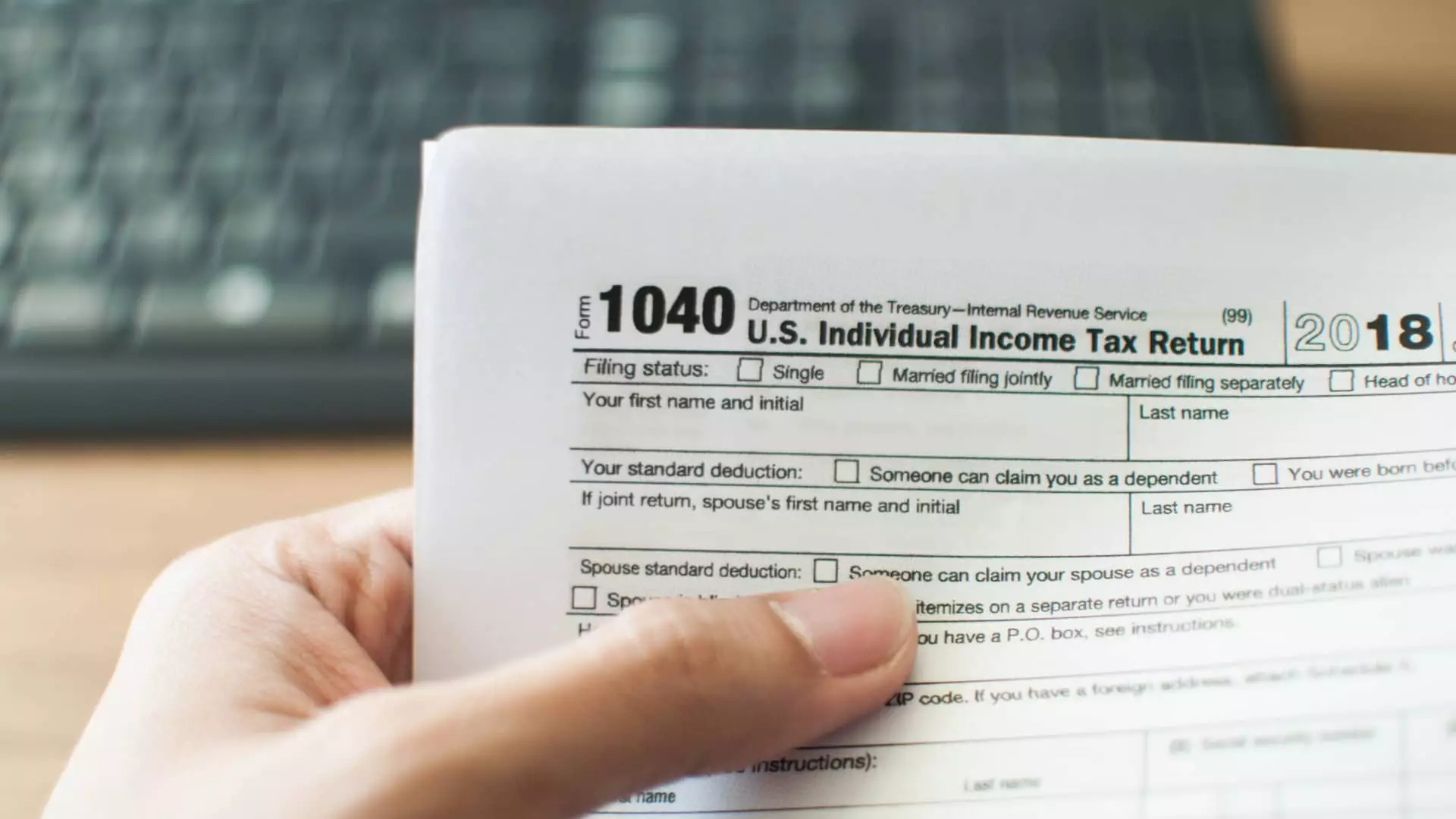As the April 15 federal tax deadline quickly approaches, taxpayers are reminded to be vigilant against potential scams that aim to steal personal and financial information. In the past year alone, the IRS received over 294,000 complaints of identity theft, resulting in more than $5.5 billion in tax fraud. Despite the ongoing efforts of the IRS to combat these scams, fraudsters are still actively attempting to exploit unsuspecting individuals during tax season.
With the increased risk of falling victim to tax scams, taxpayers are advised to take precautionary measures. One of the most crucial steps is to file electronically or personally deliver tax returns and payments to the post office. This helps to prevent theft of personal information or checks that may be targeted by scammers. Jennifer Hessing, fraud analytics director at Wells Fargo, emphasizes the importance of safeguarding sensitive information during the tax filing process to avoid potential fraud attempts.
There are several prevalent tax scams that taxpayers should be aware of and take steps to avoid. One common scam involves receiving unsolicited emails, texts, or calls from unknown individuals offering to assist in maximizing tax refunds. These fraudulent attempts often require individuals to provide personal information, posing a significant risk of identity theft. Additionally, scammers may impersonate legitimate tax or financial organizations to solicit valuable personal and financial details from unsuspecting victims.
To protect against tax scams, individuals are advised to exercise caution when setting up online accounts or sharing personal information with unknown entities. Fraudsters may request sensitive details such as Social Security numbers, Individual Taxpayer Identification Numbers, and photo IDs under the guise of expediting the tax filing process. However, these details can be exploited for fraudulent purposes, including filing fake tax returns, opening illegitimate credit accounts, or obtaining loans without authorization.
Another deceptive practice to watch out for is the presence of “ghost tax preparers” who may assist in filing tax returns but omit essential details such as their signature or contact information. This omission may raise suspicions of fraudulent intent, as legitimate tax preparers are required to provide accurate identification and certification. Taxpayers are advised to review their tax returns carefully and verify the credentials of their preparer to ensure the legitimacy of the filing process.
In the event that taxpayers hire professional assistance for tax preparation, it is crucial to scrutinize the information provided on the return. Los Angeles-based CPA Miklos Ringbauer highlights the significance of verifying the preparer’s details, particularly the paid preparer section of the return. If essential information is missing or incorrectly labeled as “self-prepared,” individuals should exercise caution and investigate further to prevent falling victim to potential tax scams.
The prevalence of tax scams underscores the importance of maintaining vigilance and taking proactive steps to safeguard personal and financial information during tax season. By staying informed about common scam tactics, taxpayers can protect themselves against fraudulent practices and minimize the risk of identity theft and financial fraud.

